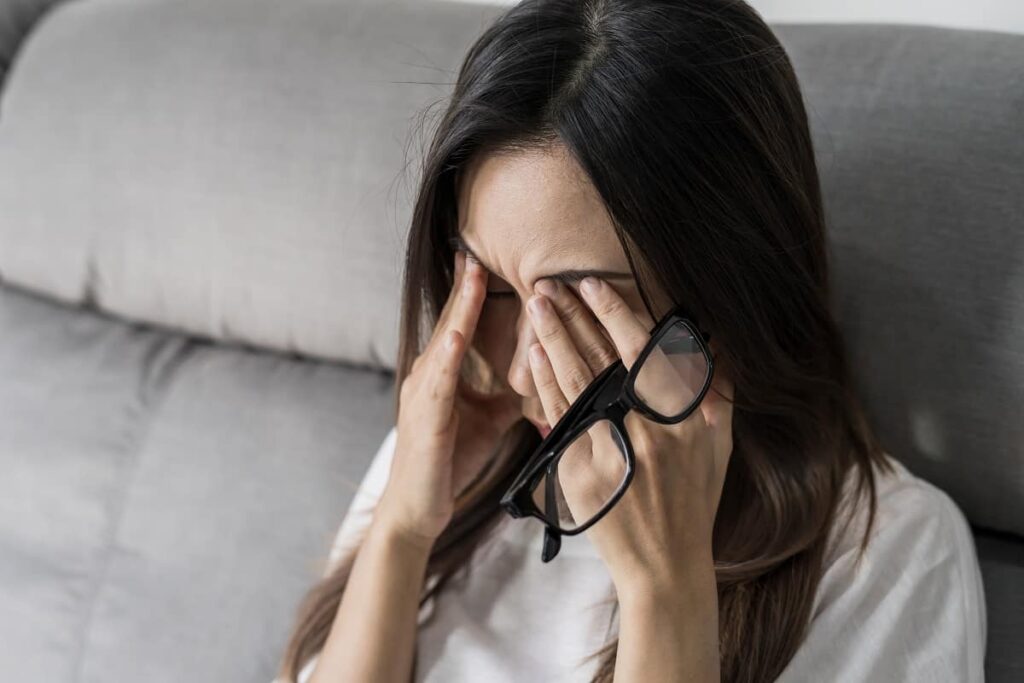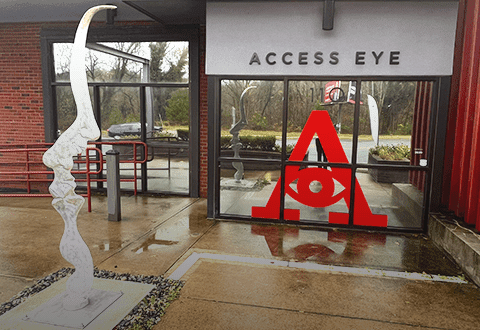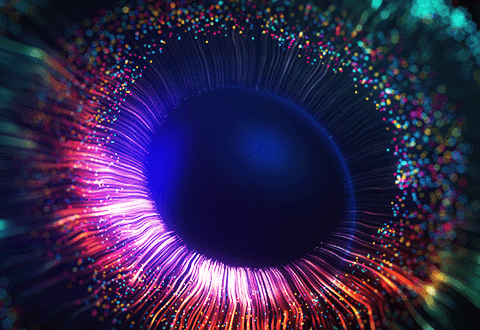Causes and Treatments for Swollen Eyelids

When one or both of your eyelids is swollen, it affects more than just your appearance. Swollen eyelids can indicate a problem with your ocular health, and may be accompanied by other uncomfortable symptoms, such as itchy, red eyes, sensitivity to light, discharge and excess tear production. Depending on how severe the swelling is, it could even interfere with your vision.
Take a moment to learn more about the common causes and treatments for swollen eyelids, explained by the team at Access Eye.
Allergies
Allergies to pollen, dust, dander or makeup can cause swollen eyelids. When your body overreacts to a foreign object like an allergen, your immune system makes antibodies that cause the eyes to release histamine. Histamine makes the eye’s blood vessels dilate and triggers itching, tearing and redness.
Allergies can be treated by taking antihistamines. If you know what triggers your allergies, try to avoid the allergen (e.g., pets, pollen) as best you can. If you’re not sure what you’re allergic to, Access Eye can help. We perform allergy testing, that is often covered by your medical insurance. Knowing what you are allergic to can help you avoid unnecessary triggers.
Eye Infections
Swollen eyelids can be caused by an infection of the conjunctiva (clear lining covering the eyeball), the eyelid or the skin around the eye. Eye infections should be seen and treated by a doctor, who will prescribe antibiotic or antiviral drops or ointment.
Dirty Contact Lenses
Failure to properly care for contact lenses can trigger an eye infection that causes swollen eyelids. Damaged contact lenses can also cause the eyelids to swell.
If your eyelids swell for any reason, you must take your contact lenses out until the swelling resolves. You should also be diligent about good contact lens hygiene, and thoroughly clean them, store them properly and not sleep in them (unless you have overnight or extended wear contacts).
Styes
A stye is a red, painful lump, similar to a pimple, that forms near the edge of the eyelid close to the lashline. Some styes form inside the eyelids. Styes develop when glands in the eyelids become infected or inflamed.
Styes can often be pretreated with home remedies. Applying a warm compress to the eyelid and practicing good eyelid hygiene can help clear up a stye. With styes and other infections, contact lenses should be completely disinfected or replaced and eye makeup should be discarded to prevent the problem from spreading. If the swelling persists, you should call for an appointment. You may require medication, or further treatment to drain and reduce the swelling.
Other swollen eyelid causes that require examination and treatment by an eyecare professional include:
- Eye or facial injuries
- Effects of blepharoplasty (eyelid surgery)
- Ocular herpes
- Orbital cellulitis
















